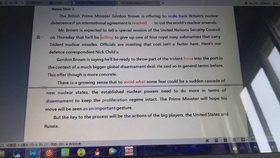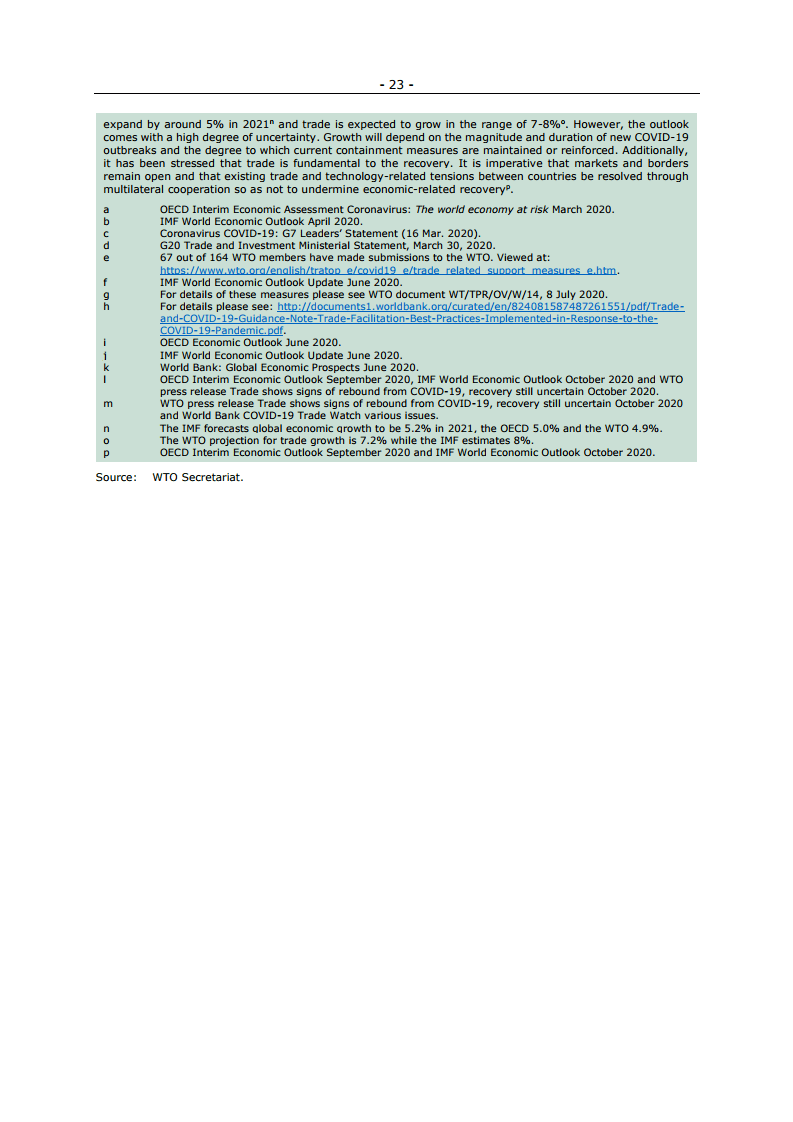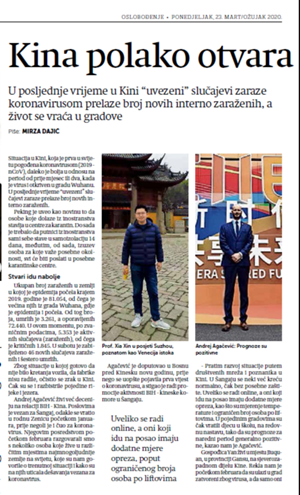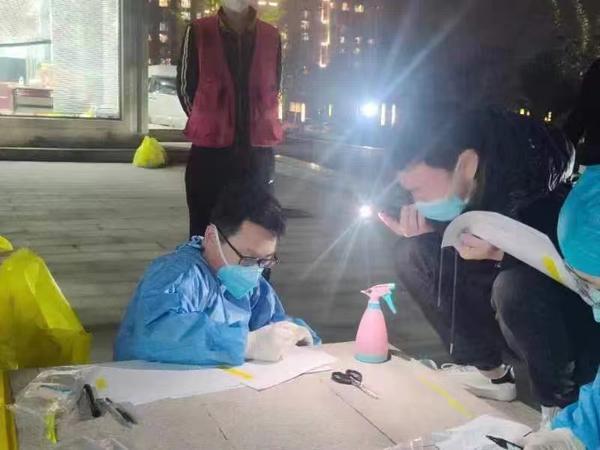Global Impact and Responses to the COVID-19 Pandemic: An English Broadcast Update
Good day, and welcome to our special English broadcast update on the ongoing COVID-19 pandemic. I'm your host, [Your Name], and today, we'll delve into the global implications of this unprecedented health crisis, the measures taken by various nations to contain its spread, and the efforts being made towards a potential vaccine or treatment.
The Pandemic's Outbreak and Spread
The COVID-19 pandemic, caused by the SARS-CoV-2 virus, first emerged in late 2019 in Wuhan, China, and quickly spread globally, becoming a full-fledged pandemic by early 2020. Its rapid transmission rate and high infection rate have posed a significant threat to public health worldwide. As of our last update, more than 45 million cases have been reported globally, with over 1.1 million deaths, making it one of the deadliest pandemics in recent history.
Economic Impact
The economic fallout from the pandemic has been profound. Governments around the world have implemented lockdowns and travel restrictions to slow the spread of the virus, which in turn led to a sudden halt in economic activities. Businesses were forced to close their doors, leading to job losses on a massive scale. According to the International Labour Organization (ILO), over 62 million people have lost their jobs globally due to the pandemic, with small and medium-sized enterprises (SMEs) bearing the brunt of the impact.
The global economy has taken a hit, with the World Bank predicting a contraction of 5.2% in 2020, the worst since the Great Depression of the 1930s. The decline in consumer spending, supply chain disruptions, and reduced business investments have all contributed to this dire economic situation.
Health System Strain
The pandemic has exposed weaknesses in many countries' health systems, particularly in low- and middle-income nations. Hospitals have been overwhelmed with a surge in patients, leading to a shortage of medical supplies such as personal protective equipment (PPE), ventilators, and test kits. The lack of adequate testing and tracing capabilities has further complicated efforts to contain the virus.
In developed countries too, healthcare workers have been on the frontline, facing long hours and high risk of infection. The mental health of both patients and healthcare professionals has been severely affected, with reports of increased cases of depression, anxiety, and burnout among healthcare workers.
Vaccine Development and Distribution
The race for a COVID-19 vaccine has been one of the most significant scientific endeavors in recent times. Multiple vaccine candidates have been developed and tested at an unprecedented speed, thanks to advanced technologies like mRNA vaccination and international collaboration among research institutions and pharmaceutical companies. As of our last check, several vaccines have been approved for emergency use or full authorization by regulatory bodies in various countries, including Pfizer-BioNTech, Moderna, Oxford-AstraZeneca, and Johnson & Johnson.
However, the distribution of these vaccines is not without challenges. Equitable access remains a major concern, with many countries facing shortages due to production capacity limitations and logistical issues. Vaccine hesitancy, fueled by misinformation and mistrust in government or healthcare systems, is also a significant obstacle. Efforts are underway to ensure global access through the COVAX facility, a joint initiative of the World Health Organization (WHO), Gavi (the Vaccine Alliance), and the Coalition for Epidemic Preparedness Innovations (CEPI).
Social and Cultural Effects
The pandemic has had far-reaching social and cultural impacts as well. Social distancing measures have transformed daily life, with people working from home, attending virtual events, and engaging in online learning. The closure of schools and universities has disrupted education systems globally, leading to learning loss for millions of children and youth. The importance of digital connectivity has become evident, but the digital divide has also widened, with some communities lacking access to technology or reliable internet.
Cultural events and celebrations have been significantly affected. Festivals, concerts, sports events, and other gatherings have either been canceled or held without audiences, altering traditions and social dynamics. The loss of income for artists, performers, and event organizers has further exacerbated economic hardships.
Recovery Strategies
As countries begin to ease lockdown measures and look towards recovery, a multi-pronged approach is being adopted. Governments are implementing stimulus packages to support businesses and individuals affected by the pandemic. This includes direct financial aid, tax reliefs, and loan guarantees for small businesses. Infrastructural investments in areas like digital connectivity and clean energy are also being prioritized to facilitate future resilience.
Health systems are being strengthened through investments in public health infrastructure, training of healthcare workers, and improved disease surveillance mechanisms. The importance of community engagement and public education on hygiene practices and vaccination is being emphasized to build collective immunity against future pandemics.
International cooperation remains crucial in this effort. The WHO is coordinating global efforts to share information on best practices, vaccines, and medical supplies. Multilateral institutions like the United Nations (UN) are advocating for global solidarity in addressing the pandemic's economic and social impacts.
Conclusion
转载请注明来自爬爬百科,本文标题:《全球疫情,新冠疫情的全球影响与应对措施》












 京ICP备11000001号
京ICP备11000001号
还没有评论,来说两句吧...